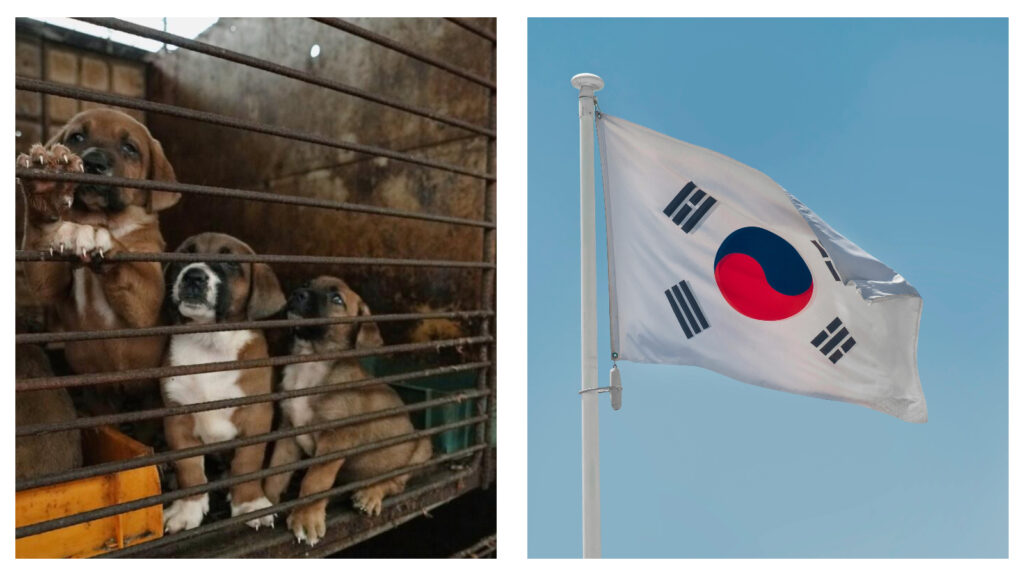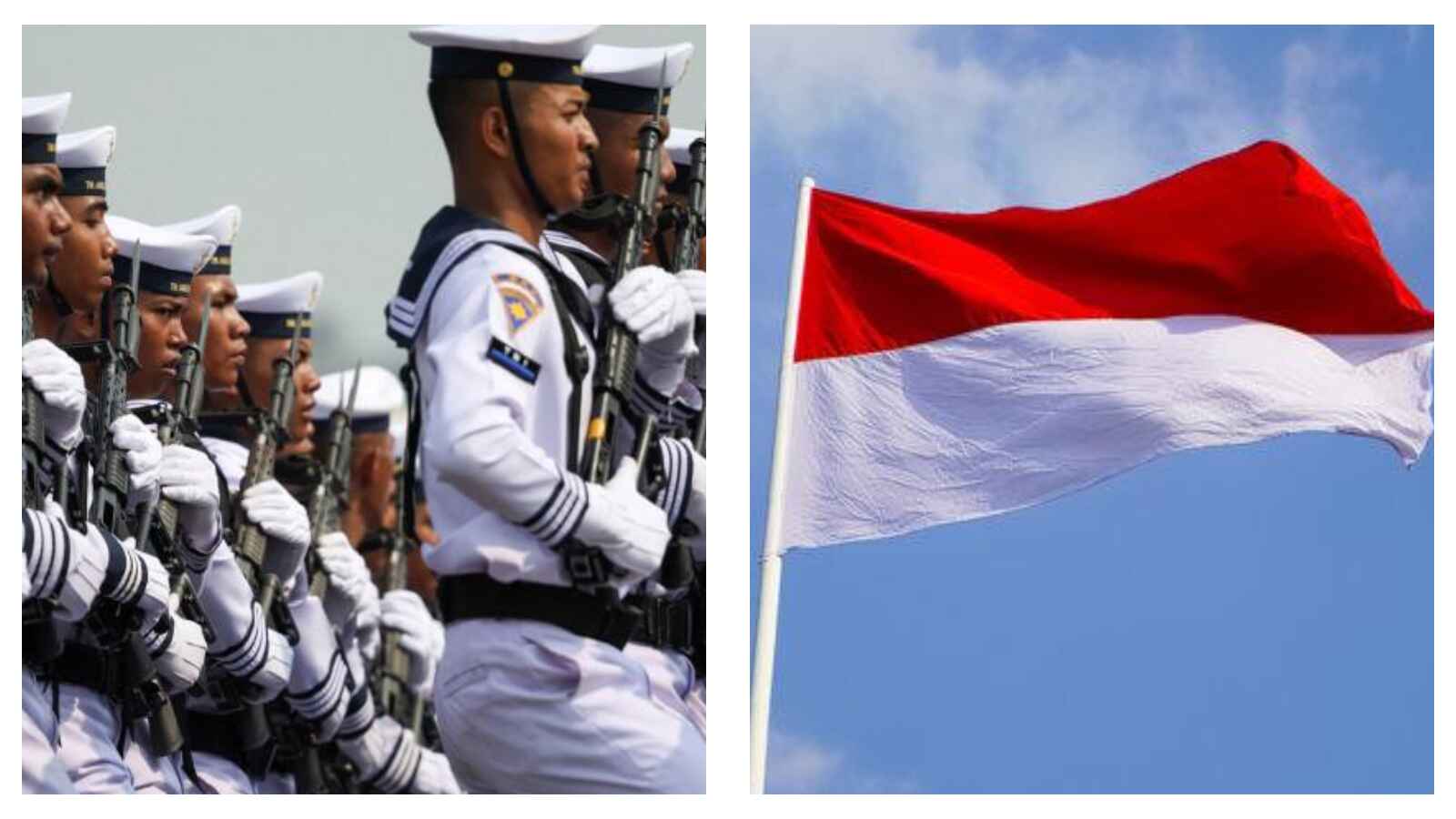By Ciara Mina
A new bill which increased the military’s role in government was passed in Indonesia on Thursday. Critics say this raises the possibility of authoritarian control under former President Suharto which would undermine democracy.
During a House of Representatives plenary session on March 20, the contentious amendment was approved by parties supporting Indonesian President Prabowo Subianto.
The old vs the new law
Three provisions of the Indonesian National Armed Forces (TNI) Law are significantly revised by the new legislation, including raising the retirement age for officers and the extension of active-duty military personnel’s access to civilian institutions.
Under the revised Indonesian National Armed Forces (TNI) law of 2004, current military commanders may take on important civilian roles without having to retire or leave the military.
Before the revision, they were limited to working for 10 government agencies, mostly in the security and defence sectors, such as the National Search and Rescue Agency, the State Intelligence Agency and the National Narcotics Agency.
This was raised to 14 government agencies by the approved law, which included the National Disaster Mitigation Agency, the Attorney General’s Office and the National Counterterrorism Agency.
Additionally, the new law raised the retirement age for officers, enabling middle-to-high-ranking officers to remain in service until age 60 and non-commissioned troops to remain in service until age 58.
The highest-ranking four-star generals are eligible to serve until they are 63 years old, with a presidential proclamation allowing for an extension to 65.
YOU MAY ALSO LIKE: A man’s best friend: South Korea bolsters efforts on dog protection, care

New law faces public backlash
Civil society organisations have condemned the new law, arguing that they might return the third-largest democracy in the world to the harsh “New Order” period under previous strongman ruler Suharto, when civilian issues were governed by military officials.
The military’s “dual function,” in which it plays a significant role in both defence and administration, was discontinued as part of the nation’s democratic transition following the overthrow of the late dictator Suharto in 1998. However, critics worry the revisions mark a return to that role.
“History has shown that military interference in civil affairs risks threatening democracy and civil supremacy. Let us not repeat the mistakes of the past,” said the Alliance of Student Executive Bodies, a student organisation that represents numerous student associations from Indonesian universities, on a social media post.
“President Prabowo appears intent on restoring the Indonesian military’s role in civilian affairs, which were long characterised by widespread abuses and impunity,” said Human Rights Watch senior Indonesia researcher Andreas Harsono.
“The government’s rush to adopt these amendments undercuts its expressed commitment to human rights and accountability.”
“Why was it not done in an open manner? Why did it seem rushed? We urge that the process of discussing the TNI Bill be conducted in accordance with the principles of good governance,” Usman Hamid, executive director of Amnesty International Indonesia stated.
“We see no urgency for this bill. On the contrary, some of its provisions reinstate militarism in Indonesia,” Sulistyowati Irianto, a professor of law at the University of Indonesia stated during a press conference with scholars and democracy advocates.
READ MORE: Sofitel Legend Pyramids Giza to boost economic ties between Egypt and the UAE
